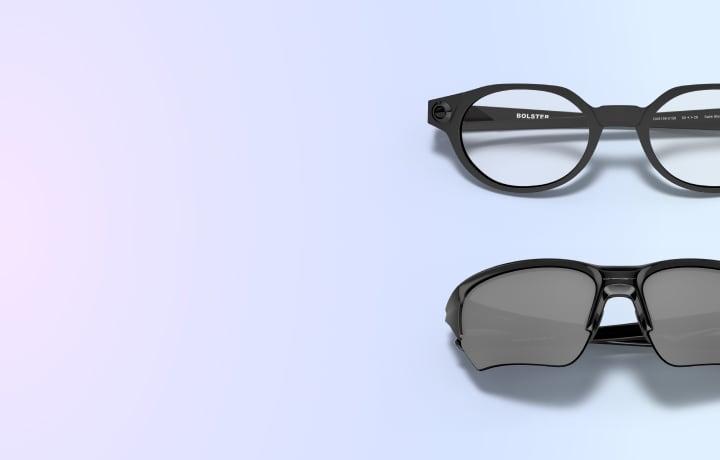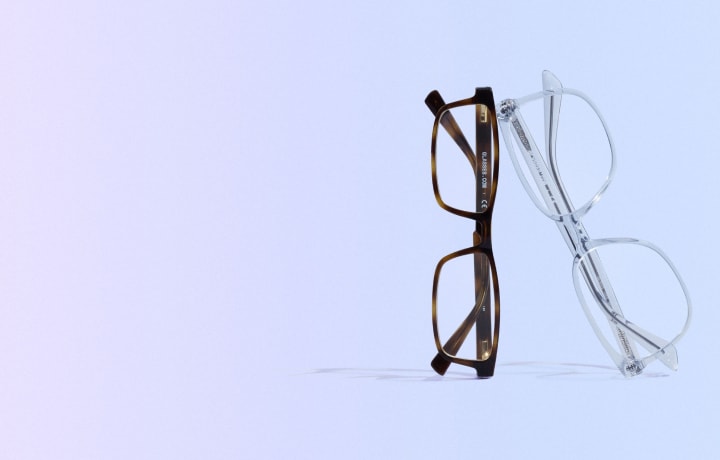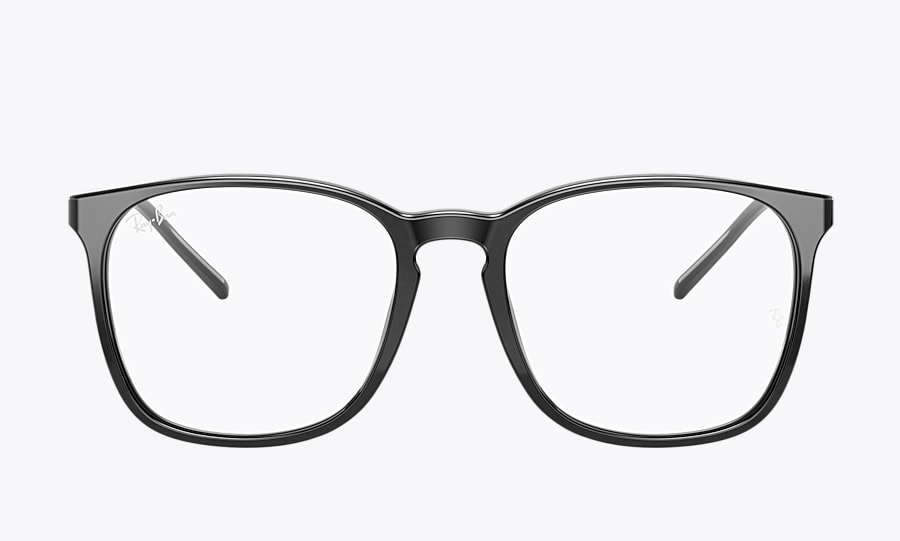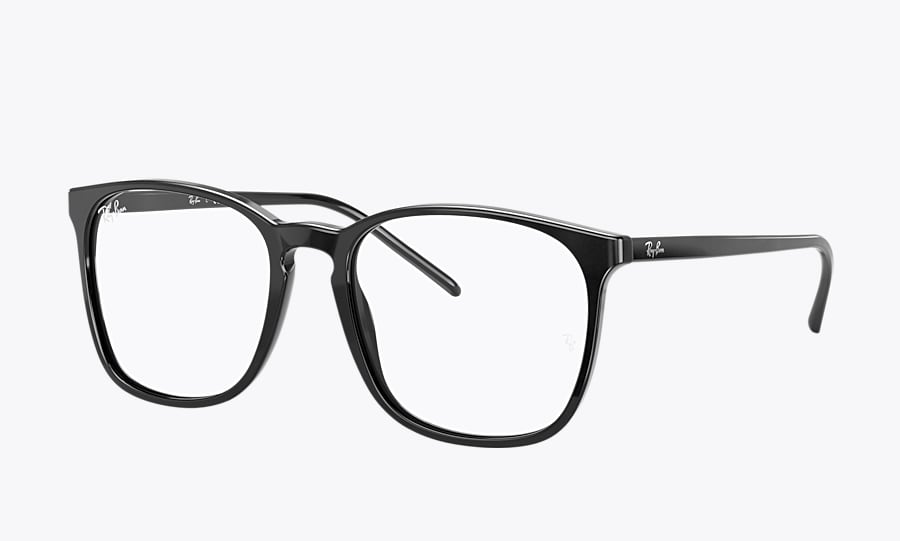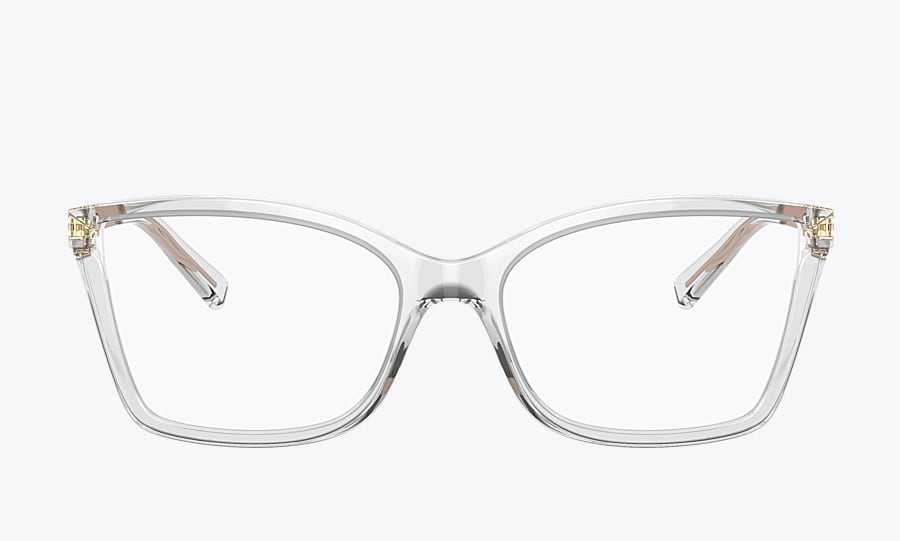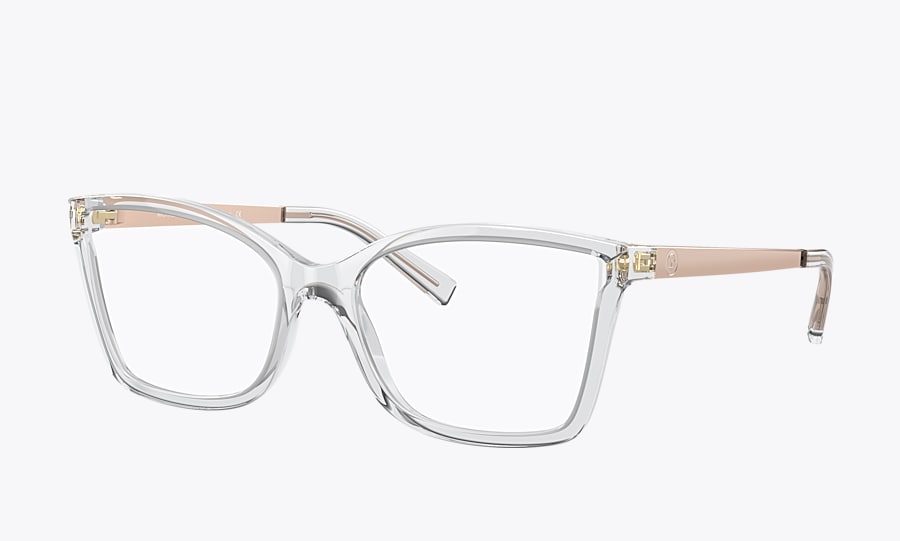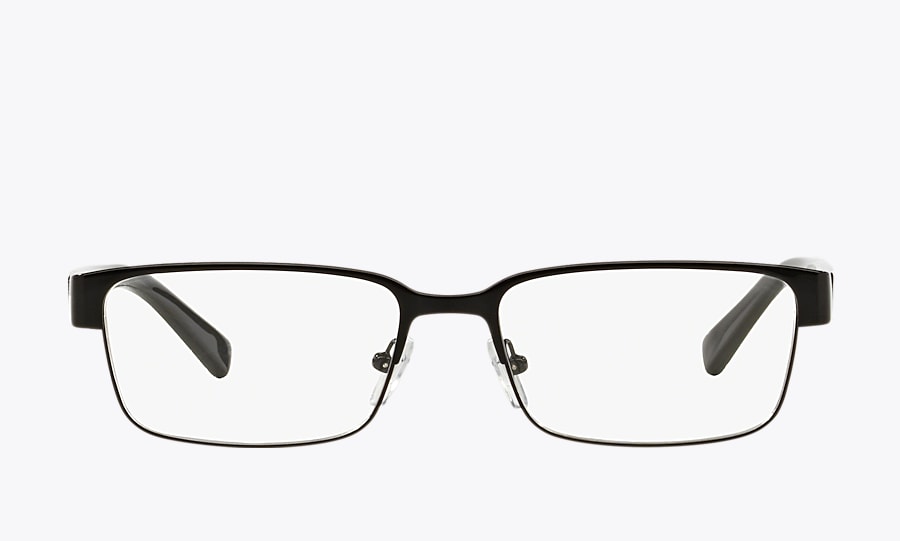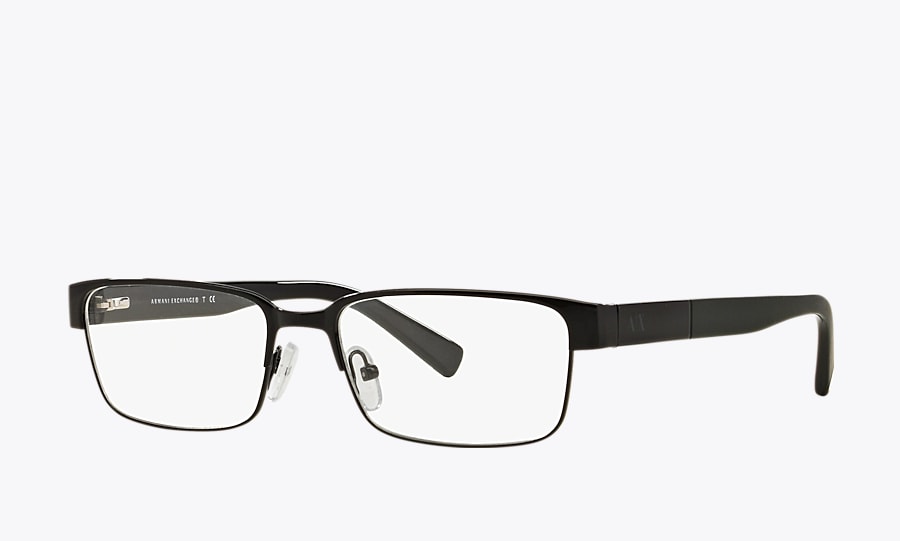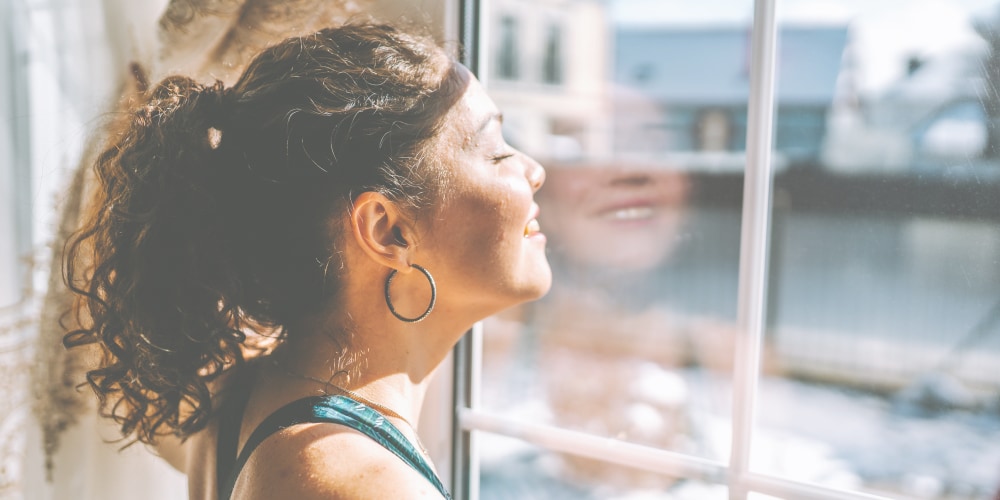
What is sungazing, and why do people sungaze? The meditation technique called "sun gazing" or “solar healing” practices staring directly at the sun during sunrise or sunset.
What are the benefits of sun gazing? Contrary to what you may have heard, sungazing benefits do not differ from the benefits of other forms of safer meditation and can be more harmful than good.
Sungazing has not been scientifically demonstrated to have advantages over being outside and getting safe sun exposure while using sunscreen with a high SPF. Due to the possibility of long-term eye injury, medical professionals do not advise this type of practice.
Even at off-peak times like sunrise, staring directly into the sun can permanently harm the eyes. It is preferable to direct your attention to other, less damaging objects.
Safe meditation generally has several advantages. One is a decrease in stress, depression, anxiety, and pain. The addition of meditation to conventional therapies has the potential to be a low-cost complementary support strategy for people with anxiety.
How to sungaze correctly
There is no scientific evidence proving that sungazing meditation is beneficial. But there are ways to protect your eyes from damage if you still wish to practice this form of meditation.
First, do not practice sungazing during peak sunlight hours. Organize your practice at sunrise or sunset. Even though the sun is not at its strongest, UV rays are present. So, you should protect your eyes and skin adequately by wearing sunglasses or UV filter lenses. Another way to protect your eyes is to sungaze with your eyes closed to protect them from irreparable damage from the sun.
What is the purpose of sungazing?
Although there is no evidence, many who practice this form of meditation claim there are physical and psychological benefits to practicing gazing into the sun every day. This includes more energy, better sleep (because it resets the circadian rhythm), and lower stress.
Is sun gazing good for your eyes?
Is sun gazing safe? No, the UV rays create sun damage to the eyes. Exposure to the sun's radiation has been linked to ocular disorders such as cataracts, some types of eye cancer, and acute retinal damage.
Most medical professionals advise against looking directly into the sun for any purpose and suggest that you always wear protective sunglasses outside. Try to limit the amount of time of your meditation to at most 10 minutes.
What happens after sungazing?
Exposure to UVB, or ultraviolet B, rays from the sun promote the creation of vitamin D in the body. More vitamin D will be produced in the body whenever the skin is exposed to UVB.
Meditation is also known to promote the production of serotonin. Serotonin is a hormone that is released in response to relaxing activities, being outside, and exposure to sunshine. Meditation in general promotes the generation of melatonin, a hormone that your body uses to regulate your circadian rhythm and induces sleep.









